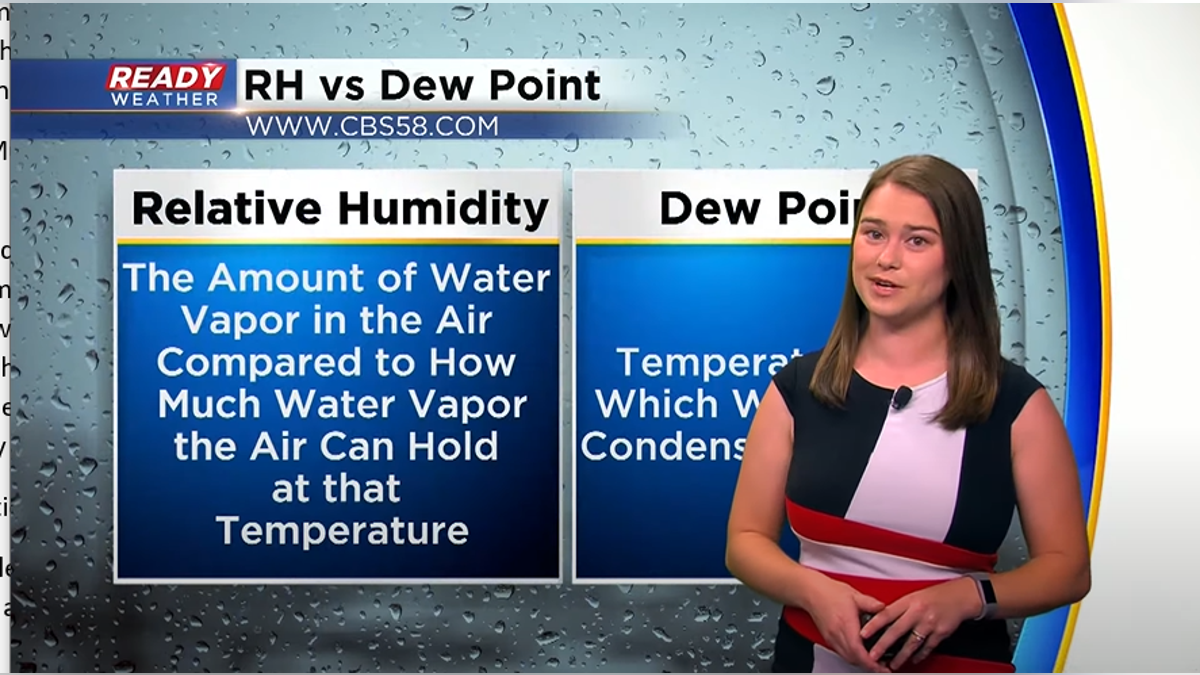The start of 2025 saw many Americans embracing healthier habits. Increased exercise, improved mental well-being, and dietary changes were common goals, with some even participating in "Dry January." Amidst this wave of health-consciousness, U.S. Surgeon General Vivek Murthy issued an advisory highlighting the link between alcohol consumption and an elevated risk of several cancers.
The advisory specifically pointed to a heightened risk of cancers of the mouth, throat, esophagus, voice box, breast (in women), liver, colon, and rectum. It further stated that alcohol contributes to a substantial number of cancer cases and deaths annually in the U.S., solidifying its position as the third leading preventable cause of cancer, following tobacco and obesity.
While many may have had a general awareness of alcohol's potential negative health impacts, the extent of its connection to cancer may have been less understood. A significant portion of the population reportedly remains unaware of this link. The surgeon general's advisory aims to address this knowledge gap and educate the public.
The advisory has prompted questions regarding potential government actions, the implications for individuals, and how people should incorporate these findings into their lives. Here's a breakdown of key takeaways and considerations:
How Does Alcohol Contribute to Cancer?
In essence, alcohol can damage DNA, thereby increasing cancer risk. This occurs through various mechanisms, including damage from acetaldehyde (a byproduct of alcohol metabolism) and oxidative stress. Alcohol can also disrupt hormone levels, potentially explaining the link to breast cancer. Furthermore, it can enhance the body's absorption of carcinogens. Contrary to its perceived relaxing effects, alcohol can induce inflammation within the body.
Looking Ahead: Potential Actions and Challenges
The advisory sets the stage for action by government bodies, healthcare professionals, and individuals. One proposed measure is updating warning labels on alcoholic beverages to explicitly state the cancer risk. This would necessitate Congressional action, and bipartisan support is crucial for its implementation. However, the effectiveness of warning labels in altering behavior remains a subject of ongoing discussion.
While studies have shown that more prominent and graphic warning labels on cigarettes effectively communicate health risks, their impact on actual smoking behavior is less clear. This raises questions about the potential impact of similar labels on alcohol consumption, especially given that the cancer risk associated with alcohol is lower than that of cigarettes at comparable levels of consumption.
Nevertheless, updating warning labels is a starting point for raising public awareness and encouraging physician engagement in educating patients. Collaborative efforts are essential to disseminate information about the alcohol-cancer link through various channels, including media, healthcare settings, and community outreach. A targeted approach is needed to maximize the effectiveness of educational programs in reducing alcohol consumption.
Furthermore, ensuring that policies align with the latest scientific evidence is paramount. For instance, the current definition of "moderate" drinking might need reassessment. As noted by the surgeon general, a critical evaluation of these definitions is necessary.
Unanswered Questions and Areas for Further Research
While the link between alcohol and cancer is well-established, certain aspects require further investigation. While it's understood that cancer risk increases with higher alcohol intake, questions remain about the influence of factors like alcohol type, "quality," potential "safe" limits, genetic predisposition, and the potential mitigating effects of healthy lifestyle choices.
These unanswered questions highlight the need for continued research, particularly to address potential biases or confounding factors in existing data. This will ensure that policies and educational initiatives are based on the most comprehensive and accurate information available.
Making Informed Decisions about Alcohol Consumption
The surgeon general's advisory empowers individuals to make informed choices about alcohol consumption. Moderation is a key principle to consider. While some may choose to abstain entirely, others may opt to reduce their intake. Ultimately, it's a personal decision.
Striving for a healthier lifestyle involves a combination of factors, including better dietary habits, reduced alcohol consumption, increased physical activity, and attention to mental and spiritual well-being.








